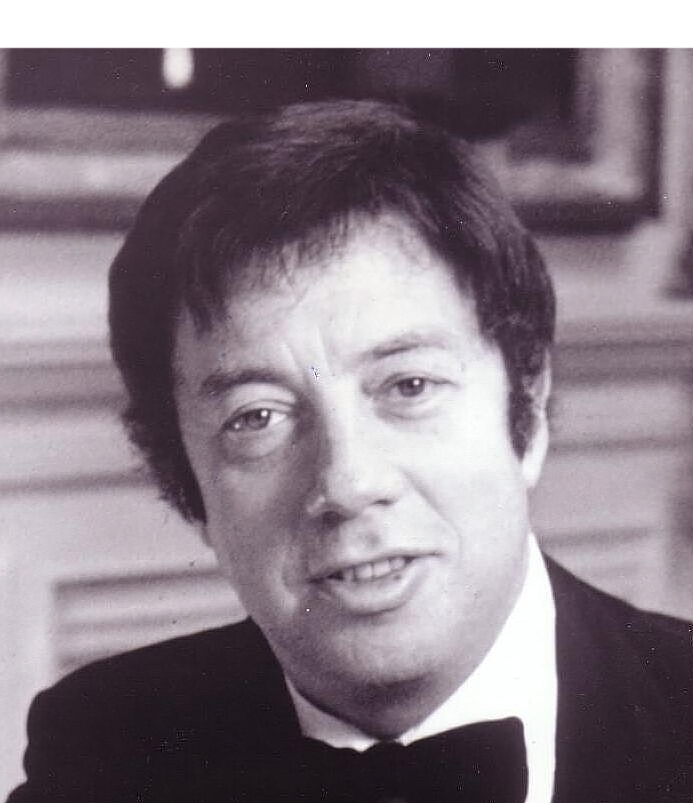
"The Woman Songwriter" of 20s and 30s
Dorothy Fields
InducteeOver 400 songs for Broadway and Hollywood films, winning an Oscar for "The Way You Look Tonight" (1936)
In the course of a remarkably long career, with successes from the 1920s all the way into the 1970s, Dorothy Fields wrote some of the most enduring lyrics of the golden age of the American popular song.
She was born into a show business family. Her father was Lew Fields, a Jewish immigrant from Poland, who found fame as one half of Weber and Fields vaudeville act, one of the most popular comedy teams at the end of the Nineteenth. After the breakup of Weber and Fields, Lew Fields went on to become one of the most important theater producers of his day. Between 1904 and 1916, he produced some 40 Broadway shows, and was called "The King of Musical Comedy". So when Dorothy Fields was born on July 15, 1905 in Allenhurst, New Jersey, one would think she had the ideal connections for the career she dreamed of as an actress. However, her father disapproved of acting and did everything he could to make that career impossible for her.
She grew up in New York City and after graduating from high school she wrote poetry and taught drama for a while. Soon, however, she met composer Jimmy McHugh and unable to become a performer, she found her talent as a lyricist. They began writing for revues at Harlem's Cotton Club, and soon moved on to Broadway. In 1928 they scored an enormous hit with "I Can't Give You Anything But Love, Baby", written for Blackbirds of 1928.
In 1930 came another classic song, "On the Sunny Side of the Street", written for the International Revue. They began writing songs for Hollywood movies like Love in the Rough (1930), Singin' the Blues (1931), Cuban Love Song (1931), Dinner at Eight (1933), and Clowns in Clover (1933). For Every Night at Eight (1935), they wrote "I'm In the Mood For Love".
Fields worked with numerous other composers, most notably Jerome Kern. In 1935, for the film version of Roberta, she and McHugh wrote a new lyric for a song Kern had composed with Oscar Hammerstein II a year earlier. The song became the classic "I Won't Dance". She and Kern turned out a magnificent score for the wonderful Fred Astaire film Swingtime (1936), a score that included "A Fine Romance", "Pick Yourself Up", "Waltz in Swing Time", and the Academy-award winning "The Way You Look Tonight".
Fields also began writing books for musicals as well as lyrics, in collaboration with her brother Herbert Fields. In 1945, she and her brother wrote the book, and she wrote the lyrics, to Sigmund Romberg's music, to the hit Broadway operetta Up in Central Park. And then in 1946, she and her brother wrote the book for the Irving Berlin musical Annie Get Your Gun. She worked with Harold Arlen on the 1951 film Mr. Imperium and also in 1951, she worked with composer Arthur Schwartz on the Broadway musical A Tree Grows in Brooklyn. In 1954 she co-authored the book (with Herbert Fields) and wrote the lyrics for another Schwartz musical, By the Beautiful Sea. In 1959, she wrote book and lyrics to Albert Hague's music for the Broadway musical Redhead, a success which won six Tony awards.
In the 1960’s, Fields teamed up with the much younger Cy Coleman to write the songs for the classic musical Sweet Charity (1966), which included such songs as "Big Spender", "If My Friends Could See Me Now", "There's Gotta Be Something Better Than This", and "Baby, Dream Your Dream". They collaborated again on the 1973 musical Seesaw.
Dorothy Fields died in. New York City on March 28, 1974.
Betty Comden, foreword "On the Sunny Side of the Street: The Life and Lyrics of Dorothy Fields"She was THE woman songwriter. The marvelous thing about the way Dorothy wrote is that her lyrics were inventive without being tricky. She could do it--but she never compromised her direct, fresh manner of expressing a thought.






